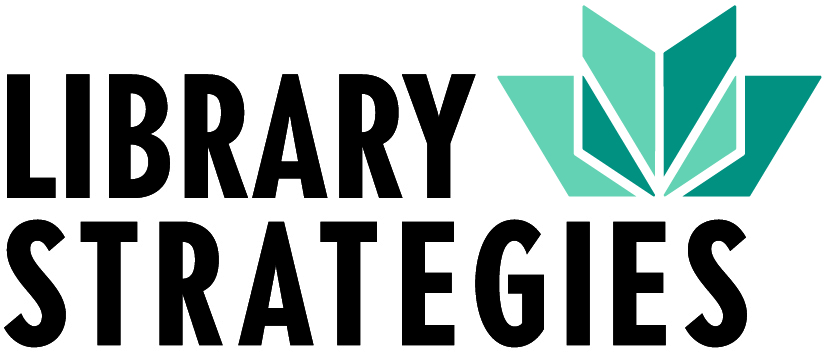How to Sabotage Your Capital Campaign

Conducting a successful capital campaign requires careful planning, consistent execution, and strong leadership. If you are anticipating a capital campaign for the first time, there is much to consider. We’ve compiled a list of actions that will surely sabotage any capital campaign. Avoid these mistakes and you will significantly improve your potential to achieve your campaign goals.
1. Don’t do a feasibility study.
How can you declare a campaign goal without testing whether your community has the interest, capacity, and willingness to provide the amount of private support you seek? You may over-estimate that potential support and fail to reach your goal. Or perhaps you may under-estimate private support and miss an opportunity to build a bigger, better library. In addition to setting the right goal, a feasibility study will highlight specific donor interests and identify any potential barriers or concerns donors may have about your organization that could impact the success of the campaign. Conducting a feasibility study maybe one of the most crucial aspects of any successful capital campaign.
2. Have staff or board members conduct the feasibility study.
A feasibility study should be conducted by an independent third-party so that potential donors will feel comfortable answering questions anonymously regarding their level of support. Staff and/or board members would make this exchange very awkward and the study would not provide accurate feedback. Just as important as having a feasibility study, is finding the right people to conduct it.
3. Conduct your feasibility study before your public funding is secure.
Most library building projects are funded by a combination of public and private sector support. Local governments often want to find out what the private support could be on a project before committing public dollars or putting a project out for referendum. This sounds like a good idea, but in fact it can be a significant waste of time and money. Here’s why. Donors are not likely to indicate a clear level of support for a project they are not sure will actually happen and, thus, you will not get an accurate indication of their support. Further, if a funding referendum fails, you’ve just spent significant dollars on a feasibility study that has a shelf life of about one year, as donor’s interests and capacity changes over time.
4. Believe the person who says, “If everyone in town gave $200, we would get to the goal.”
This sounds like a logical approach, but it never works. Most people would give no more than $200 and many would give less. While small gifts of $200 are great and are a testament to how everyday people value the library, you need to attract multiple large gifts, in the six- to seven-figure range, for a successful campaign. For instance, if you were conducting a $5,000,000 campaign, your lead gift should be 15-20% of that goal, or $750,000 to $1,000,000.
5. Assume everyone believes that “libraries are awesome, and we need a new one.”
Many major donors are not users of public libraries. They may hold a traditional view of the library as a place to house books. They are often not aware of a library’s expanded value and impact on the community. These potential donors need to be convinced of the need for a new library, especially as it compares to other needs in the community.
6. Don’t expand your campaign committee beyond the Library Board.
This can be a big mistake. It is very important to recruit a high-profile Campaign Committee, typically no less than 10 people, who are leaders in the community and experienced in fundraising. Your campaign chair, or co-chairs should be highly visible, respected community leaders who will attract other leaders to participate in the campaign. Everyone on the Campaign Committee should be passionate about the library and willing to ask for money to support it.
7. Don’t hire outside counsel to help guide and manage the campaign process.
Most campaigns, large or small, will advance more successfully with the experience of outside consultants. Campaign counsel will help you plan all the steps required for a successful campaign as well as anticipate potential problems and solve existing ones. Whereas this may be your first rodeo, the right consultants do this all the time. Hiring outside expertise will pay off big in the end.

